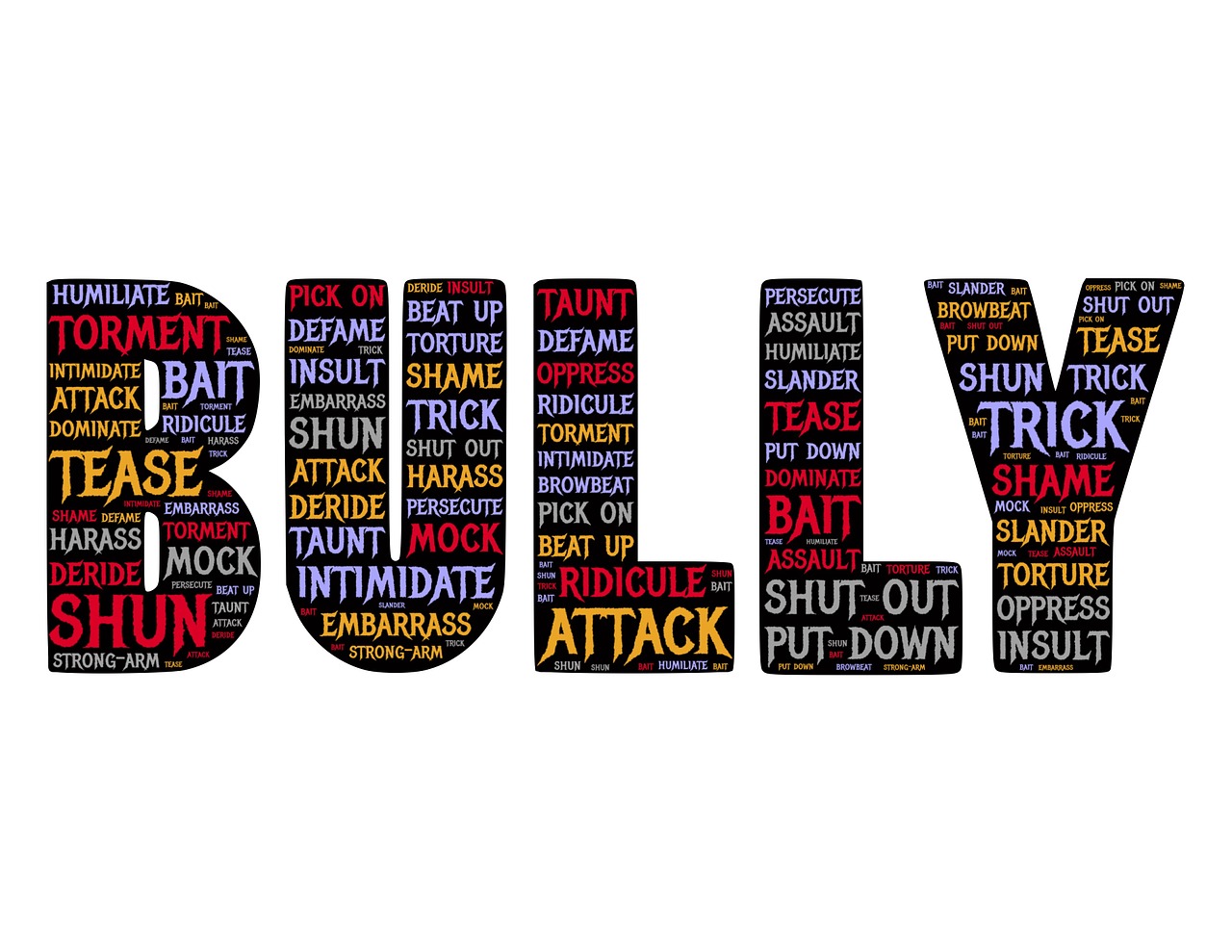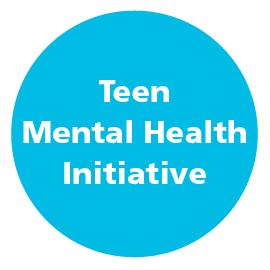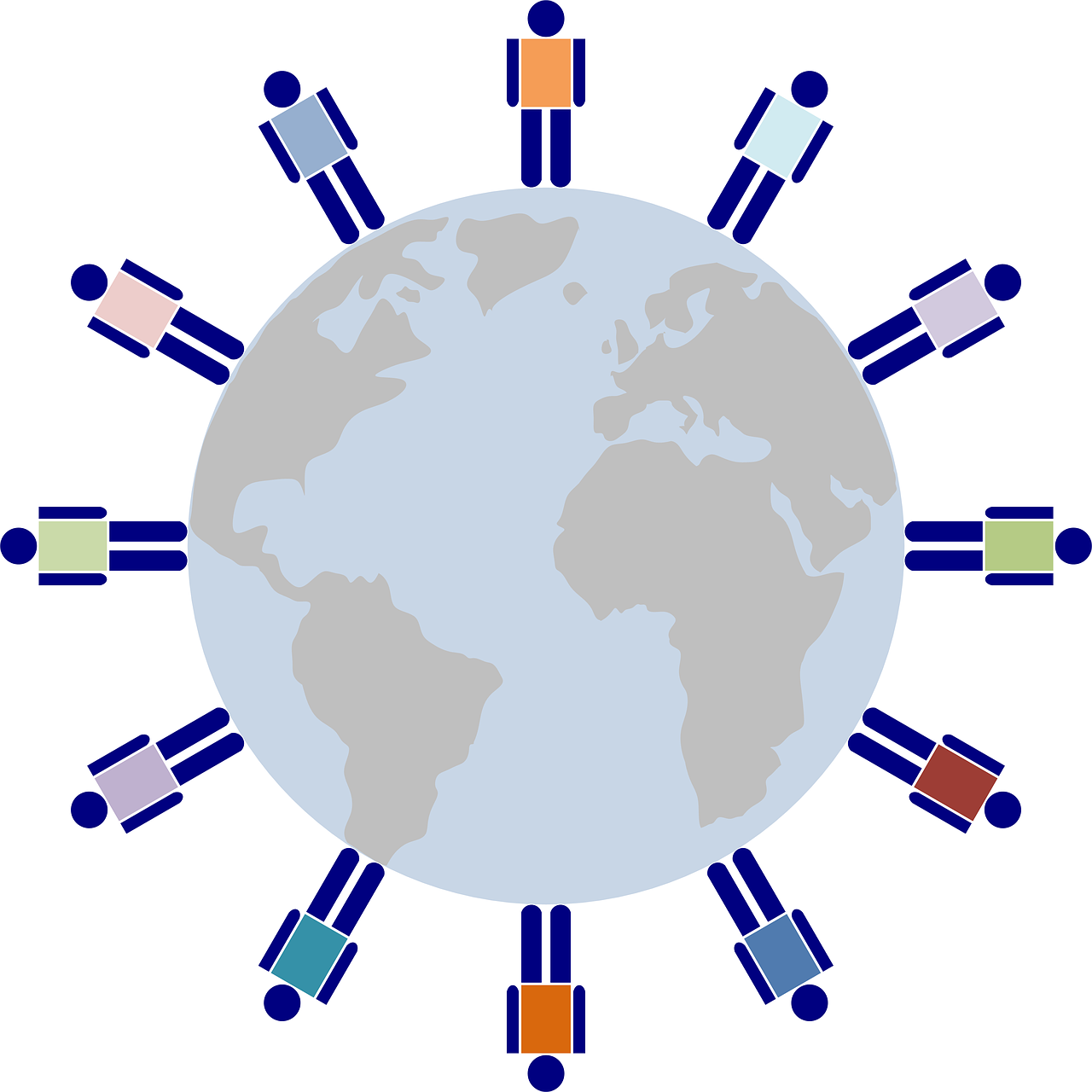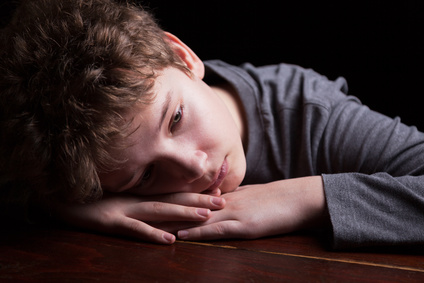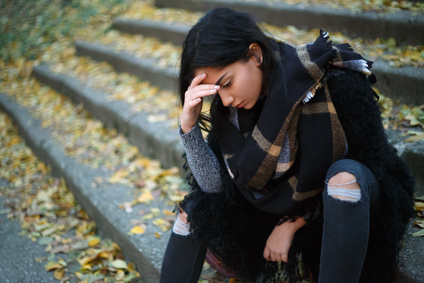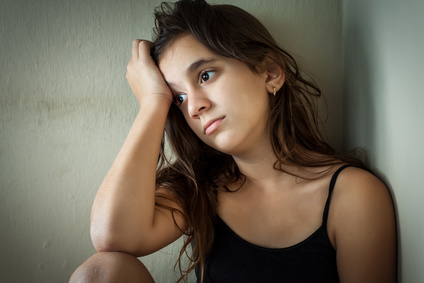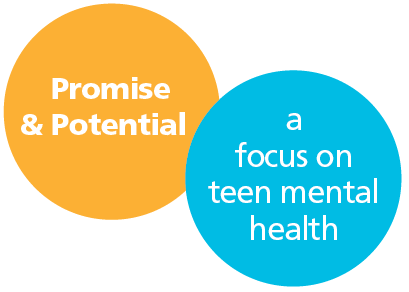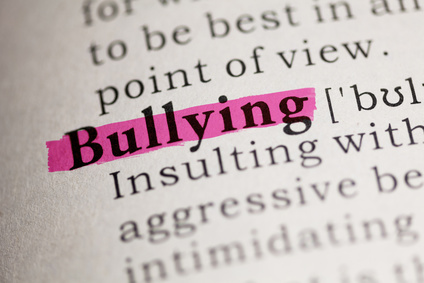Trauma from Childhood Bullying May Persist into College
New research finds that college students report the psychological impact of childhood bullying is on the same level as severe physical or sexual abuse.
The study of 480 college freshmen through seniors, indicated that the detrimental effects of bullying may linger for years. The emotional impact of the bullying can negatively affect a victims’ mental health well into young adulthood.
While most of the investigation on bullying has focused on kindergarten through 12th-grade students, the struggles revealed by college students who participated in the research suggest a need to develop assessments and interventions for this population, according to the researchers. Read more ›
